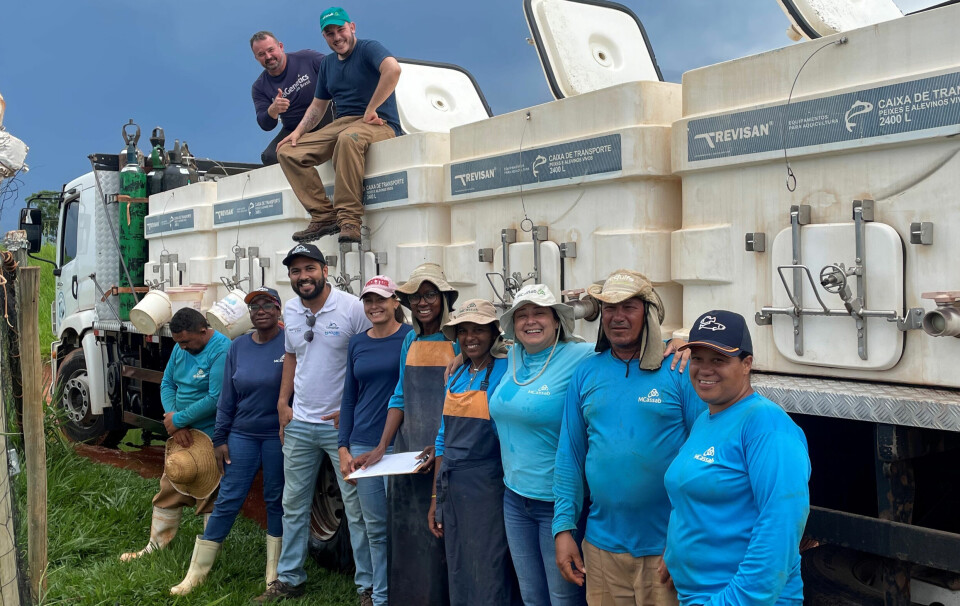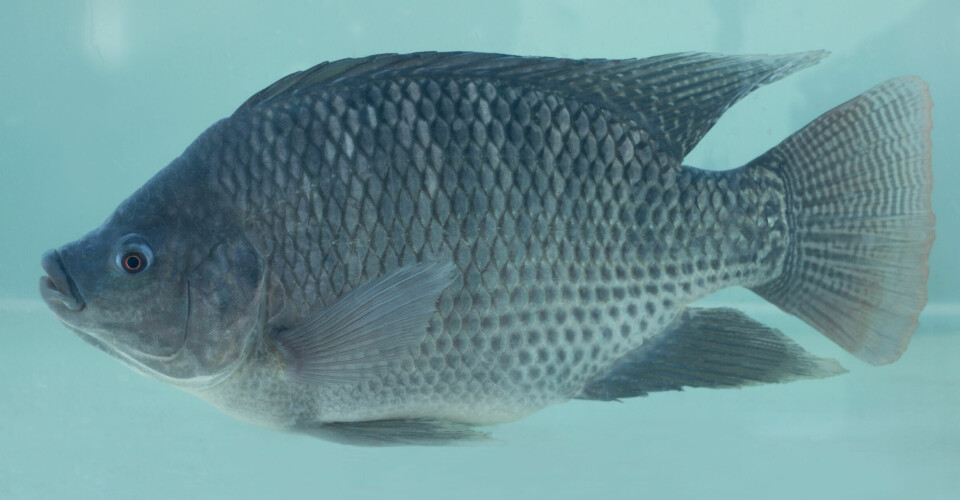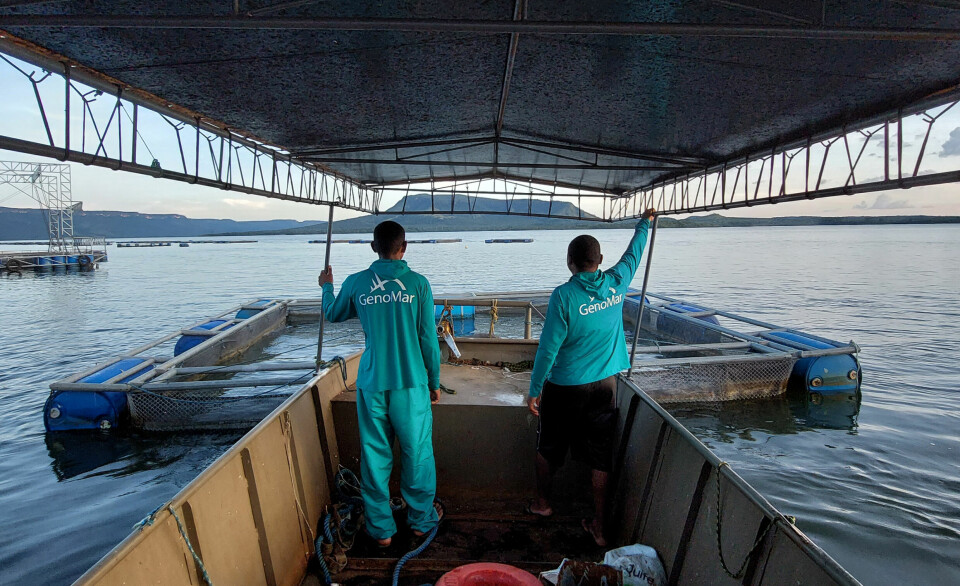
GenoMar launches bred-for-Brazil tilapia strain
Tilapia genetics supplier GenoMar has launched its first product bred to meet the needs of fish farmers in Brazil, the world’s fourth-largest tilapia producing country.
The GenoMar 1000 fish is selected for fast growth that reduces the production cycle with a consequent increase in farm productivity. The product also combines robustness, resistance to specific pathogens and a competitive fillet yield, said GenoMar.
In pre-launch tests carried out under commercial farming conditions in Brazilian waters, the GenoMar 1000 fish grew from approximately 20 to 1,000 grams in 114 days in cages and 121 days in ponds. The fish was compared with high-performing Brazilian genetics, showing 30% faster growth than the local genetics.

In addition, GenoMar's fish groups also showed significantly better uniformity and the survival rates in cages were higher. The fish pathogen, Streptocccus agalactiae was detected at the cage site during the experiment. GenoMar said the elevated tolerance to this infection could be due to the selection for Streptococcosis resistance done over generations of its fish.
“The first sales are being made to a selected groups of key customers and large tilapia producers in Brazil,” said GenoMar commercial director Rodrigo Zanolo.
“These companies are vertically integrated and focused on serving the domestic market as well as exports. Together with GenoMar, they want to increase their productivity and profitability through the absorption of global leading genetics.”
Strong growth
GenoMar said the Brazilian tilapia industry is poised for strong growth due to its natural resources, strong domestic consumption, and an appetite for absorbing new technologies. The company has therefore strategically invested in the Brazilian market, including the construction of a second genetic nucleus at its biosecure breeding centre in Tocantins and the establishment of a robust R&D group in Brazil to support genetic development and biosecurity in its breeding programmes.
“We are very proud of the commercial launch of GenoMar in Brazil. The arrival of this premium genetics on the Brazilian market represents the fulfilment of our promise to the industry and was only possible due to the competence and passion of our team,” said GenoMar chief executive Alejandro Tola.
In 2020, a greater volume of tilapia (4.407 million tonnes) was farmed than any other species except grass carp (5.791m tonnes) and silver carp (4.897m tonnes), according to the UN Food and Agriculture Organisation’s State of World Fisheries and Aquaculture 2022 report.
GenoMar is a subsidiary of German poultry and aquaculture breeding specialist EW Group, which also owns Norway and Scotland salmon breeder AquaGen.
























































